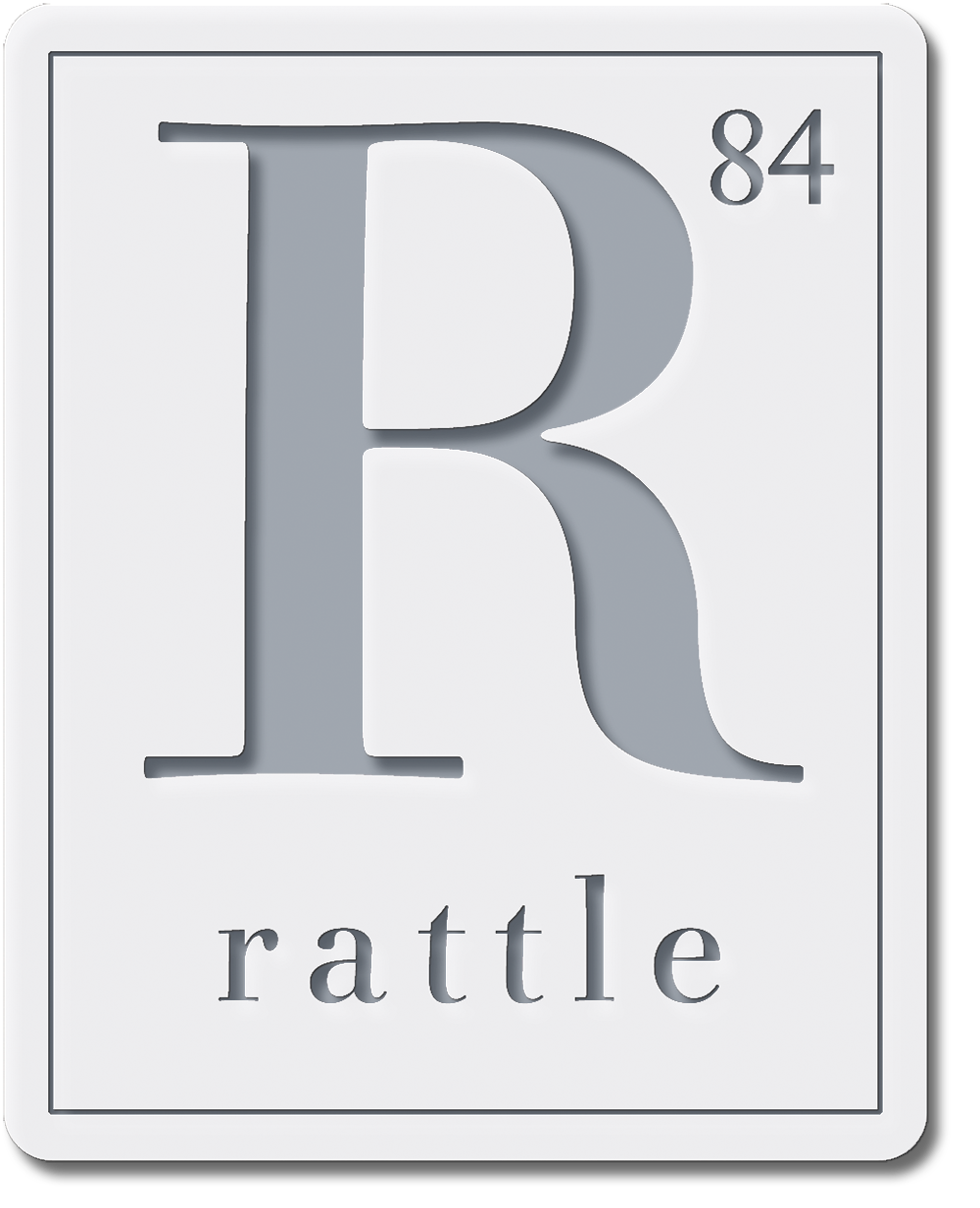Matthew Olzmann
RARE ARCHITECTURE
An ordinary man hires a contractor to build
a new house. When it’s done, he rushes
to see it. But it’s not what he’s paid for,
there must be some mistake. The house
is shaped like a human head. Two eyes
instead of bay windows. A circular mouth
for a doorway. There’s even a small lantern,
like a nose-ring, set on the right nostril.
Furious, he calls the contractor. You godless
pig fucker, he yells, You whore of a human shell.
He files lawsuit after lawsuit. But the contractor
has nothing—his bank accounts hold
the emptiness of vacant lots, and his business,
which was merely failing before, has now officially
failed. So the man is stuck with this piece
of real estate. At first, he hates the head, hates
sleeping in its temporal lobe, hates eating
breakfast on a row of teeth. As stated before,
this is an ordinary man. His thoughts
are ordinary and his ambitions are sparse. Then,
in the middle of hating his ordinary life, a change.
People take pictures when he trims the ivy—
which looks oddly like facial hair—on the north
façade. Stoned teenagers road trip across
the country just to hang out on the front lawn.
National magazines run feature articles.
Suddenly, this man who was—just weeks ago—
utterly forgettable, is a minor celebrity.
He wants more. He imagines a vivid future.
So he calls the contractor to apologize. He wants
to suggest building a second house, perhaps one
shaped like the president or Elvis. But the line
is disconnected. No one’s there. Turns out,
the contractor has vanished—after the lawsuits,
his luck took a turn for the worse, then another,
then—nothing. He disappeared. So, there will
be only one house shaped like a head.
And after a couple months, the novelty wears off.
The man inside is old news. But night
after night, you can see him up there, sitting
behind the house’s left eyelid, both he
and the house just staring at the street.
What must the street look like to them?
Tonight, there’s so much fog, both the trees
and the sky are invisible. But every once
in a while, there’s a part in the mist, a rip
in the veil, an opening where the world looks—
for only a moment—different. Then
it’s hazy again, then it’s nothing at all.
—from Rattle #34, Winter 2010
__________
Matthew Olzmann: “I was writer-in-residence at a high school in Detroit. As is true at pretty much any high school, the kids felt—seemingly at all times—this incredible pressure to fit in, to be like the rest of their peers. Often this meant hiding, denying or simply not talking about the things that made them unique and interesting (being the smartest one in the class, being an accomplished ballet dancer, having a collection of antique table cloths, etc.). That’s where ‘Rare Architecture’ begins and ends—the urge to blend in with the rest of the neighborhood.” (web)


